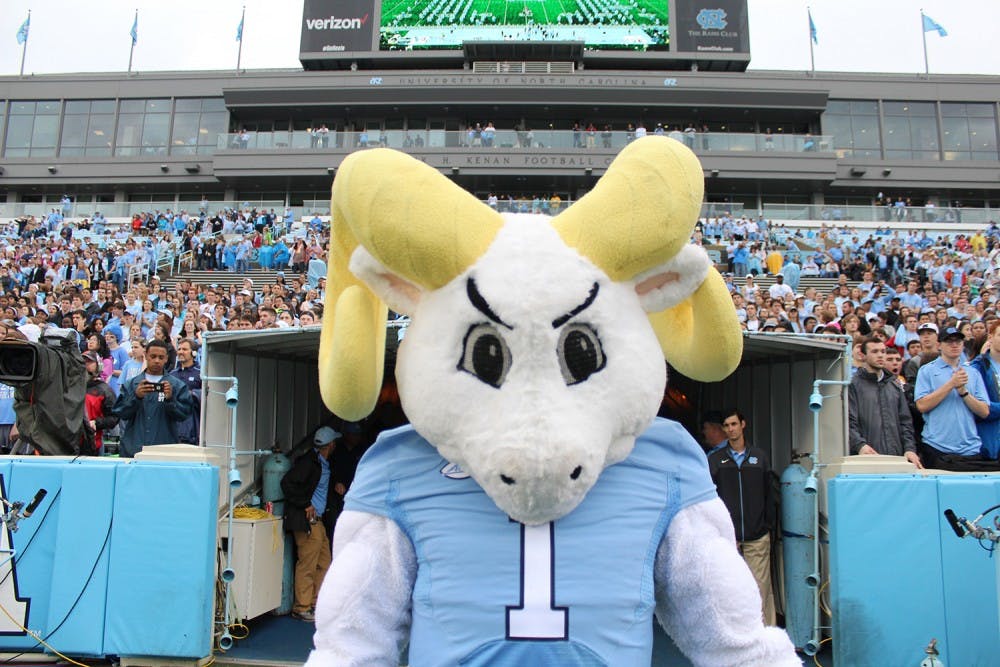Khara Vassell didn’t know what made her go down during a scrimmage her first year with UNC’s women’s soccer team in 2015, but what she did know was that she would never play in a Tar Heel uniform again.
“It wasn’t even the pain that made me cry, it was the fact that I wasn’t able to play again,” Vassell said. “Because I knew that my coach was going to go through with the option of having me medically retired.”
Vassell had faced questions about her confidence on the field from coaches and trainers for months, after complications with cysts in her legs led her to miss the majority of her first season. A history of two ACL and meniscus tears followed Vassell into college, and she knew she had suffered a third when she hit the ground at that scrimmage.
Crowded by teammates and trainers, Vassell stayed silent, refusing to admit what she knew was the case. An assistant coach informed her she had a random NCAA-required drug test scheduled merely 30 minutes later. She was driven directly from the field to the weight room. No one around Vassell noticed the severity of her injury.
“My knee was not even that swollen, but it was hurting,” Vassell said. “I could not walk on it, my knee would give out, I had no stabilization whatsoever. But they still made me go and take that drug test.”
An MRI taken after the drug test revealed Vassell had been correct. Her coach gave her the option of staying at UNC and medically retiring or going to another school to continue playing soccer. For a student-athlete who came to college not only to play sports, but to earn a quality degree, the situation devastated Vassell’s mental health.
“To have him tell me that he didn’t want me really, really contributed to my depression,” Vassell said.
Student-athletes face tremendous pressures to balance both sports and academics. The toll those pressures can take on their mental health comes in many forms. For Vassell, losing the ability to play UNC soccer left her searching for a sense of purpose and belonging. The feeling still lingers today.
“The overarching thing that I’m noticing with myself and my healing process is the fact that I don’t feel like I have a thing,” Vassell said. “All my friends who aren’t athletes have a thing, and all of my friends who are athletes obviously have a thing with their sport. For me, I had to go out and find my own things, which is usually what everyone does when they first come to school.”




